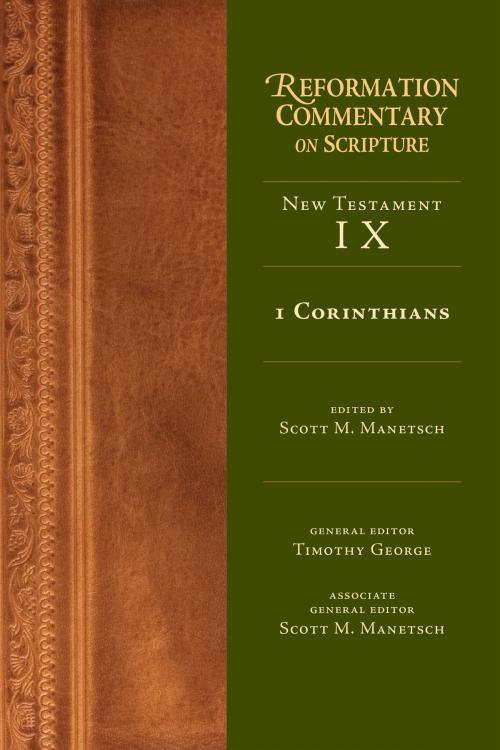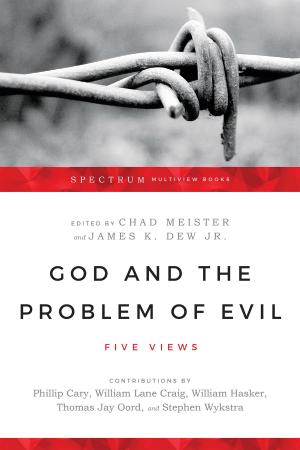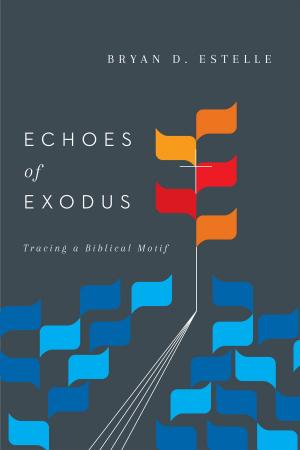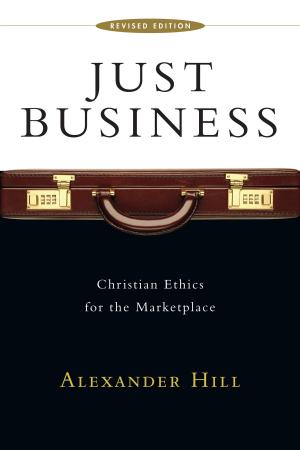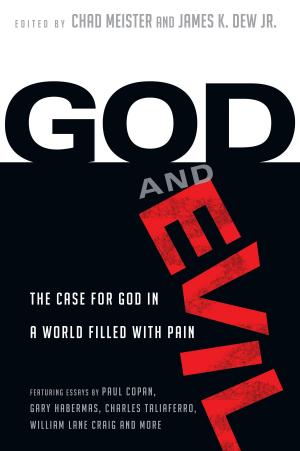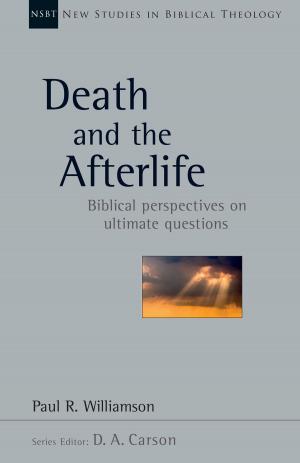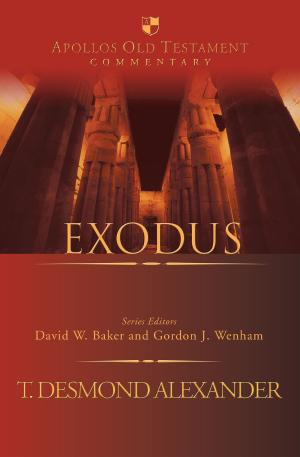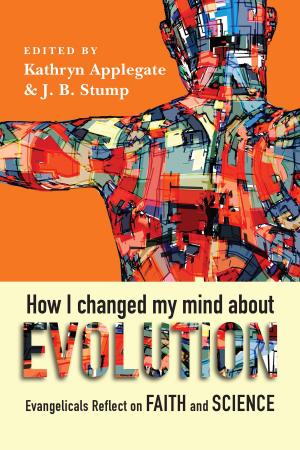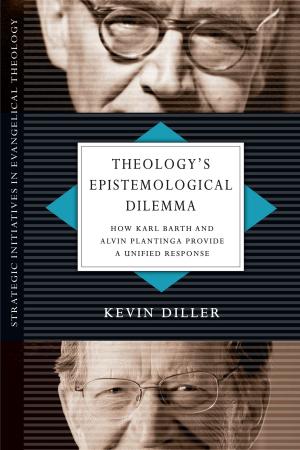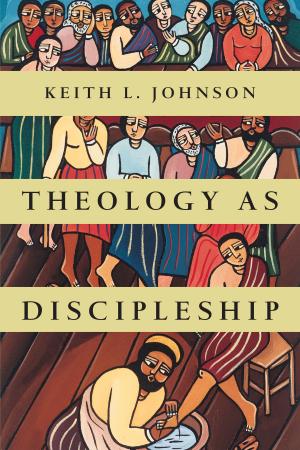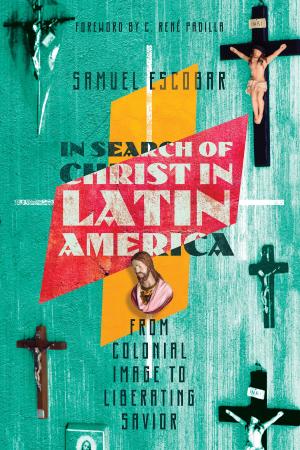1 Corinthians
New Testament Volume 9A
Nonfiction, History, Renaissance, Religion & Spirituality, Bible & Bible Studies, New Testament, Commentaries| Author: | ISBN: | 9780830891733 | |
| Publisher: | InterVarsity Press | Publication: | April 1, 2015 |
| Imprint: | IVP Academic | Language: | English |
| Author: | |
| ISBN: | 9780830891733 |
| Publisher: | InterVarsity Press |
| Publication: | April 1, 2015 |
| Imprint: | IVP Academic |
| Language: | English |
In his first letter to the church in Corinth, Paul writes, "I delivered to you as of first importance what I also received: that Christ died for our sins in accordance with the Scriptures, that he was buried, that he was raised on the third day in accordance with the Scriptures" (1 Cor 15:3-4 ESV). Reflecting on Paul's summary of the gospel, sixteenth-century biblical commentator, theologian, and Lutheran pastor Tilemann Hesshus wrote, "The central tenet and foundation of our entire religion is that our Lord Jesus Christ died for our sins and rose again for our justification. All of our comfort, salvation and hope rest upon this foundation. From this is derived that greatest comfort concerning the resurrection of the dead and the future life of eternal glory." Throughout the church's history, Christians have turned to the epistles of the Apostle Paul in order to understand the essentials of the Christian faith, learn from the challenges faced by early Christians, and discern how to navigate the complexities of following Christ. Among those who gained wisdom from Paul were the Protestant Reformers, who found inspiration and instruction about how to lead the church of their day during a time of significant theological debate, ecclesiastical reform, and spiritual renewal. In this volume of the Reformation Commentary on Scripture, Scott Manetsch guides readers through a diversity of Reformation-era commentary on the first of Paul's letters to the Corinthians. Within this volume, readers will encounter familiar voices and discover lesser-known figures from a variety of theological traditions, including Lutherans, Reformed, Radicals, Anglicans, and Roman Catholics. Drawing on a variety of resources—including commentaries, sermons, treatises, and confessions—much of which appears here for the first time in English, it provides resources for contemporary preachers, enables scholars to better understand the depth and breadth of Reformation commentary, and helps all Christians cling to the things of first importance.
In his first letter to the church in Corinth, Paul writes, "I delivered to you as of first importance what I also received: that Christ died for our sins in accordance with the Scriptures, that he was buried, that he was raised on the third day in accordance with the Scriptures" (1 Cor 15:3-4 ESV). Reflecting on Paul's summary of the gospel, sixteenth-century biblical commentator, theologian, and Lutheran pastor Tilemann Hesshus wrote, "The central tenet and foundation of our entire religion is that our Lord Jesus Christ died for our sins and rose again for our justification. All of our comfort, salvation and hope rest upon this foundation. From this is derived that greatest comfort concerning the resurrection of the dead and the future life of eternal glory." Throughout the church's history, Christians have turned to the epistles of the Apostle Paul in order to understand the essentials of the Christian faith, learn from the challenges faced by early Christians, and discern how to navigate the complexities of following Christ. Among those who gained wisdom from Paul were the Protestant Reformers, who found inspiration and instruction about how to lead the church of their day during a time of significant theological debate, ecclesiastical reform, and spiritual renewal. In this volume of the Reformation Commentary on Scripture, Scott Manetsch guides readers through a diversity of Reformation-era commentary on the first of Paul's letters to the Corinthians. Within this volume, readers will encounter familiar voices and discover lesser-known figures from a variety of theological traditions, including Lutherans, Reformed, Radicals, Anglicans, and Roman Catholics. Drawing on a variety of resources—including commentaries, sermons, treatises, and confessions—much of which appears here for the first time in English, it provides resources for contemporary preachers, enables scholars to better understand the depth and breadth of Reformation commentary, and helps all Christians cling to the things of first importance.
